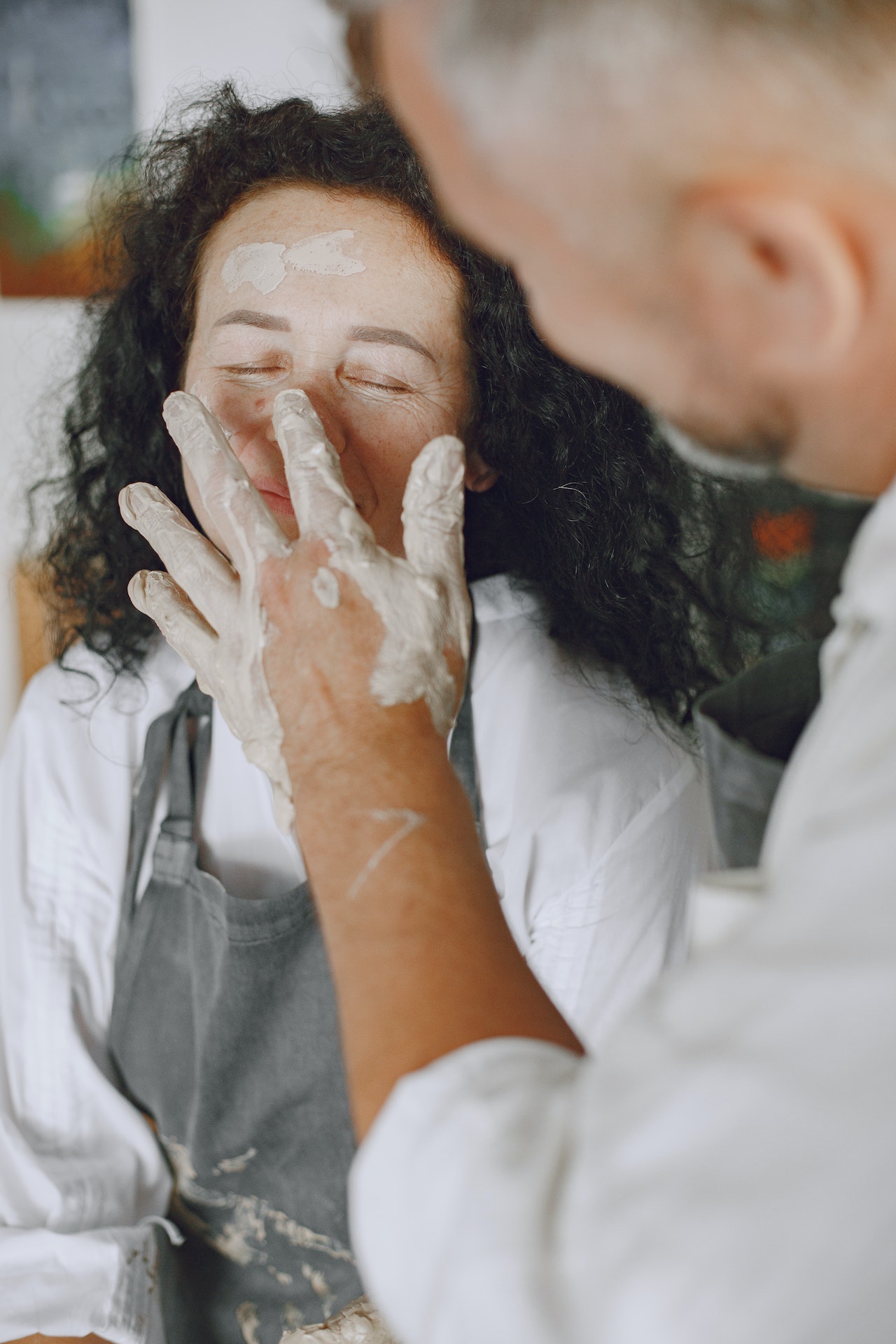Pottery has been around for centuries, serving both functional and artistic purposes. From creating ceramic plates and bowls for everyday use to crafting intricate sculptures, pottery is a versatile and rewarding art form. However, pottery is not just a creative outlet, but it also has numerous benefits for mental health. In this article, we will explore the ways in which pottery can improve mental health and well-being.
Stress Relief
Pottery is a meditative and calming activity that can help reduce stress and anxiety. Working with clay requires a certain level of focus and concentration, which can help quiet the mind and promote relaxation. The tactile nature of working with clay also provides a soothing sensory experience, allowing the body and mind to unwind.
Pottery has been used as a form of therapy for individuals with PTSD, anxiety, and depression. The repetitive motions of throwing, shaping, and glazing pottery can provide a sense of control and accomplishment, helping to boost self-esteem and reduce negative thoughts.
Creative Expression
Pottery provides a unique opportunity for creative expression, allowing individuals to create something tangible with their own hands. The process of creating pottery involves making decisions about shape, color, and texture, providing a sense of ownership and control over the finished product.
Engaging in a creative activity like pottery can also help improve overall mood and well-being. Studies have shown that engaging in creative activities can stimulate the brain’s reward center, leading to feelings of pleasure and satisfaction. The act of creating something beautiful or functional can also provide a sense of purpose and accomplishment, boosting self-esteem and confidence.
Mindfulness
Pottery requires a certain level of mindfulness, or being fully present in the moment, which can help improve mental health. When working with clay, one must focus on the task at hand, paying attention to the feel and texture of the clay, the pressure applied, and the shape being formed. This level of attention to detail can help reduce stress and promote a sense of calm and clarity.
Studies have shown that mindfulness practices can help reduce symptoms of anxiety and depression, improve attention and focus, and promote overall well-being. Pottery is one way to incorporate mindfulness into daily life, providing a creative outlet and a meditative experience.
Social Connection
Pottery can also be a social activity, providing opportunities for connection and community. Pottery classes and workshops can bring together individuals with a shared interest in the art form, allowing for socializing and the exchange of ideas and techniques.
Connecting with others through pottery can also help improve mental health. Social connection has been linked to lower rates of depression and anxiety, and can provide a sense of belonging and support. Pottery classes and workshops can be a great way to meet new people and build a sense of community around a shared interest.
Overall, pottery has numerous benefits for mental health and well-being. From stress relief and creative expression to mindfulness and social connection, pottery can be a valuable tool for improving mental health. By incorporating pottery into daily life, individuals can experience the many rewards of this ancient art form.
In conclusion, pottery is not just a creative outlet, but it also has numerous benefits for mental health. The stress relief, creative expression, mindfulness, and social connection that pottery provides can all help improve mental health and well-being. By incorporating pottery into daily life, individuals can experience the many rewards of this ancient art form. Whether throwing pots on a wheel or hand-building sculptures, pottery is a versatile and rewarding activity that can have a positive impact on mental health.

